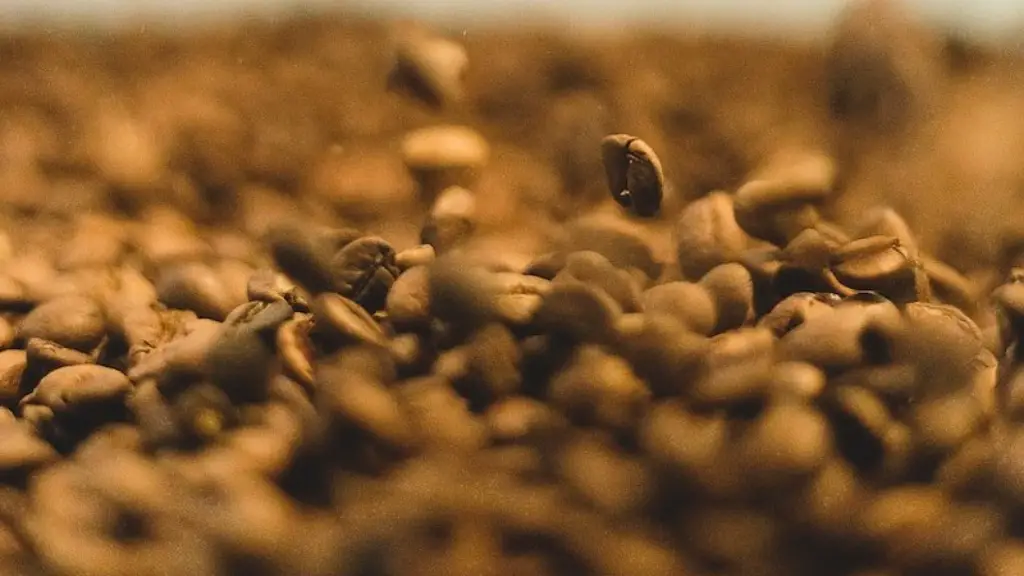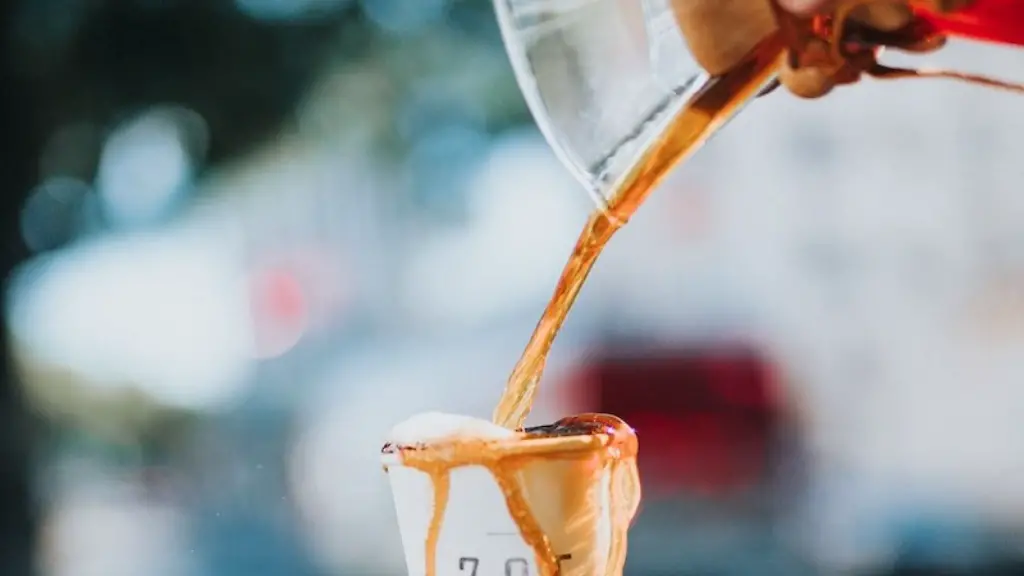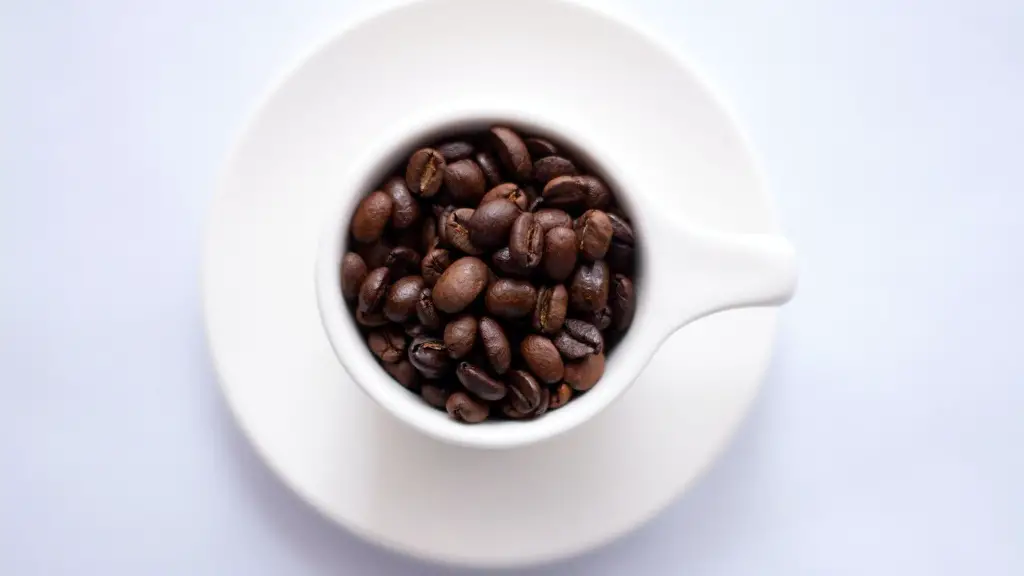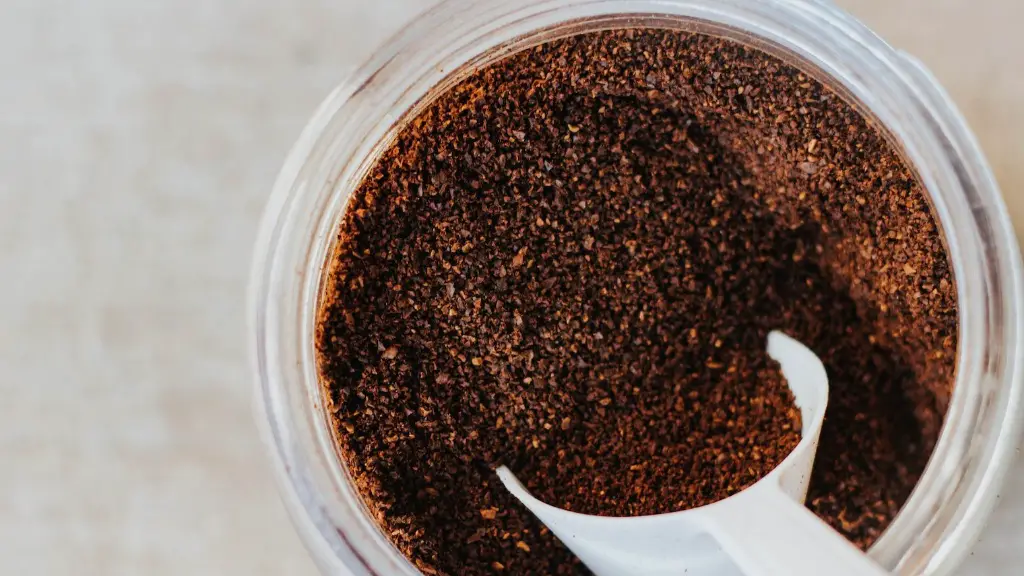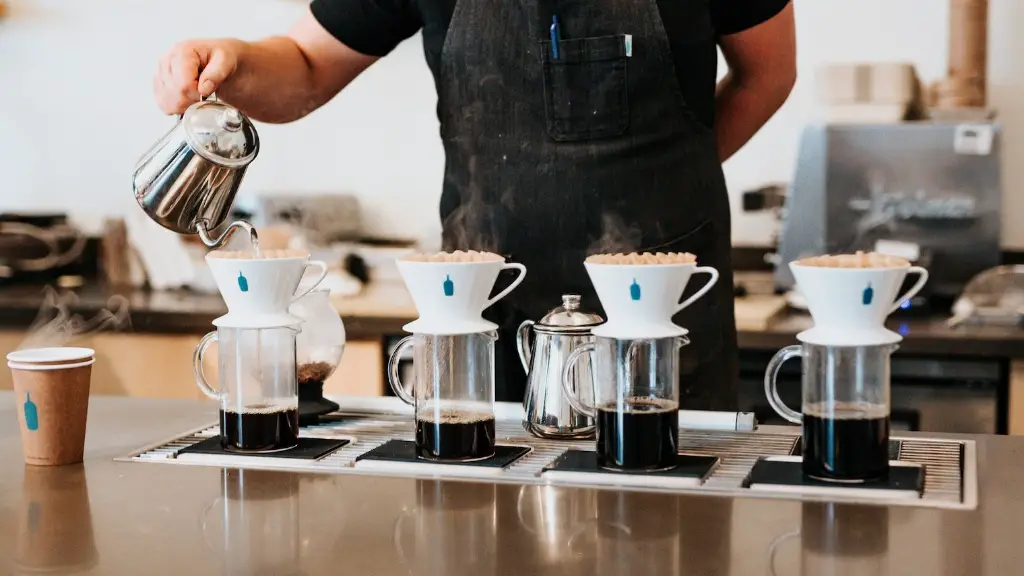It’s a common misconception that coffee beans are poisonous. In reality, coffee beans are perfectly safe to consume. The coffee bean itself is actually the seed of the coffee plant, and it contains no harmful toxins. However, like any food, coffee beans can become contaminated with harmful bacteria or chemicals if they’re not stored or prepared properly. So, as long as you take proper precautions, there’s no need to worry about coffee beans poisoning you.
No, coffee beans are not poisonous.
How many coffee beans can you eat safely?
If you’re not pregnant or sensitive to caffeine, you can safely eat around 20 to 30 coffee beans per day, or around 7-10 beans per serving. This is roughly the amount of caffeine in a regular 8 oz cup of coffee.
Caffeine is a stimulant that is widely consumed by people all over the world. It is found in coffee, tea, energy drinks, and some medications. While caffeine is generally thought to be safe in moderate amounts, it can cause toxicity and even death if consumed in large quantities.
Is roasting coffee beans toxic
There is a potential for negative respiratory health impacts for workers in the coffee industry due to exposure to volatile organic compounds (VOCs) released during roasted coffee and coffee flavoring. These VOCs include diacetyl and 2,3-pentanedione. While more research is needed to determine the full extent of the health effects of these exposures, it is important for employers and workers in the coffee industry to be aware of the potential risks and take steps to minimize exposure.
The coffee beans contain compounds known as chlorogenic acids. Some believe these compounds have antioxidant effects, help lower blood pressure, and help you lose weight. Roasting coffee reduces chlorogenic acid content.
Is it OK to eat straight coffee beans?
Coffee beans are a healthy snack that can provide some benefits, including caffeine and antioxidants. However, it’s important to eat them in moderation, as too many can cause side effects like jitters and upset stomach. Chocolate-covered coffee beans can be particularly high in calories, sugar, and fat, so enjoy them in moderation.
Caffeine is a naturally occurring compound found in coffee beans. It is the world’s most widely consumed psychoactive drug and acts as a stimulant, increasing alertness and energy levels. Caffeine can have both positive and negative effects on health, depending on the amount consumed. Too much caffeine can lead to side effects such as anxiety, jitteriness, and insomnia.
What organ is affected by coffee?
Caffeine consumption can result in digestive issues like increased stomach acid and heartburn, as well as frequent urination due to the liver’s processing of the extra caffeine in the body. If you’re experiencing these problems, it’s best to cut back on your caffeine intake.
Acrylamide is a known carcinogen, so it’s best to avoid burnt coffee. In addition, it can have adverse effects on your nervous system when consumed in large quantities.
Is boiling coffee harmful
Boiled coffee has been linked to an increased risk of respiratory tract cancer in men. This finding is limited to men and is based on a small study. More research is needed to confirm these results.
Coffee pulp or husk is a fibrous material that is produced during the processing of coffee cherries. This material can be either wet or dry, and contains some amount of caffeine and tannins. Because of this, it is considered to be toxic and disposal can be a problem.
Is it OK to eat raw coffee grounds?
Coffee grounds are rich in antioxidants and other nutrients that can be beneficial to your health. Although they contain caffeine, coffee grounds can be used in moderation to improve your health.
Coffee beans are best when they’re fresh, but they can still maintain their flavor for up to twelve months. Once they’re roasted, they only have two weeks of peak flavor.
What happens if you eat one coffee bean
The caffeine in coffee beans is absorbed directly into the bloodstream through the lining of the mouth. Therefore, even a single coffee bean, which has less caffeine than a cup of coffee, can provide a caffeine boost. However, the caffeine from coffee beans will usually wear off sooner than from drinking a cup of coffee.
Coffee has been shown to be beneficial for people who are looking to increase their strength before a workout. Researchers believe that the caffeine in coffee blunts the pain associated with anaerobic training, making it easier for people to push themselves beyond their previous bests. Additionally, coffee has been shown to help people recover from intense training sessions by providing antioxidants that fight the free radicals generated during exercise.
Can you eat raw coffee beans off the tree?
Yes, you can eat raw coffee cherries, since they are essentially a fruit. I wouldn’t advice eating too many, though. Can you eat coffee grounds for caffeine?
Yes, you can eat raw coffee beans. However, they are usually really acidic, dense, and hard to eat. Most people, if they eat coffee beans, eat roasted coffee beans. These are what you typically buy from the store.
Warp Up
Coffee beans are not poisonous.
The coffee beans themselves are not poisonous, but if they are not roasted properly, they can contain a toxin called coffee cruda, which can be harmful to humans.
